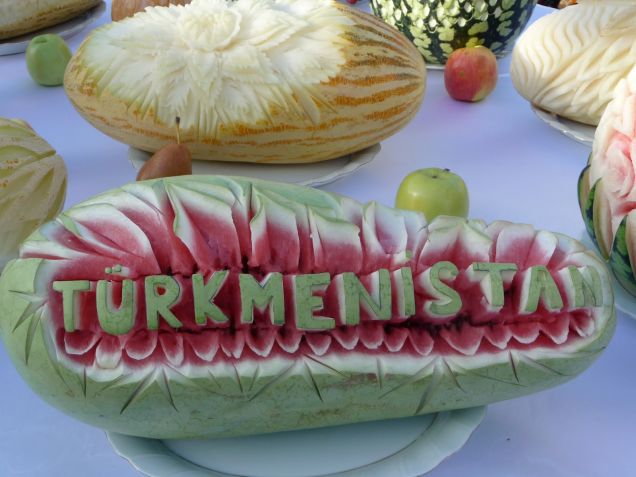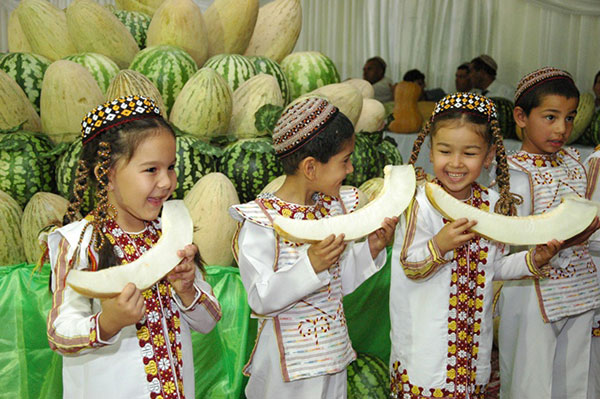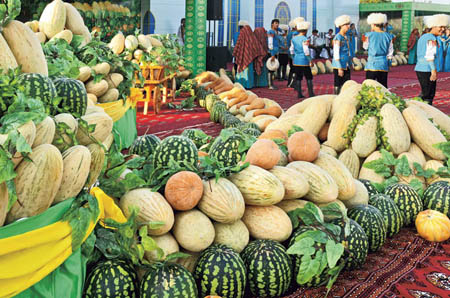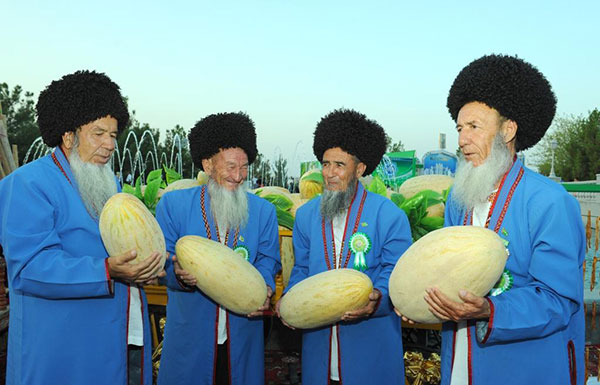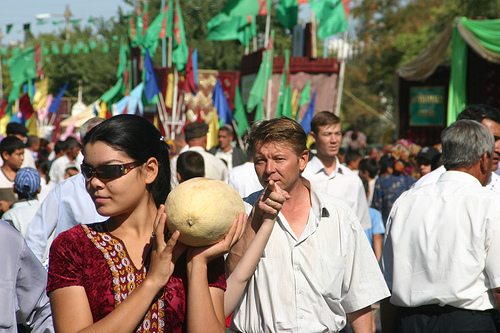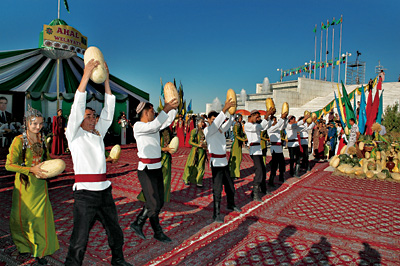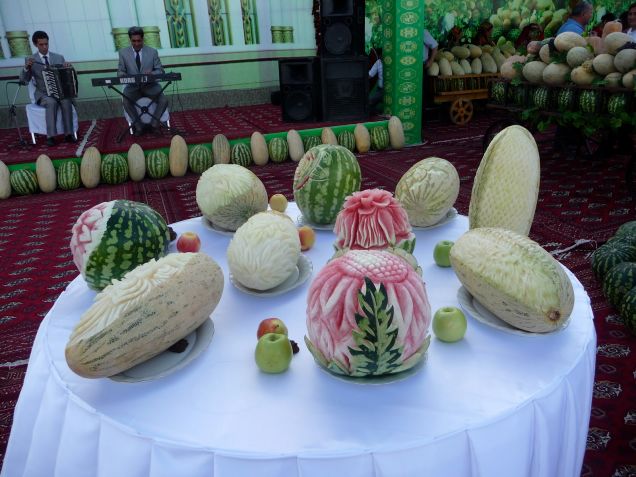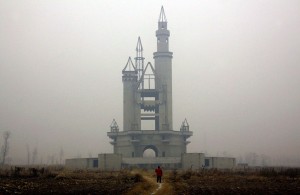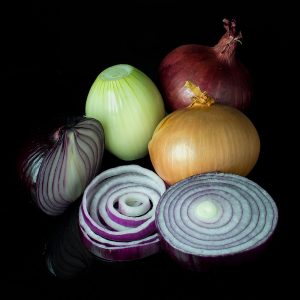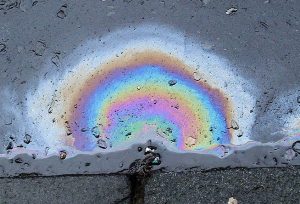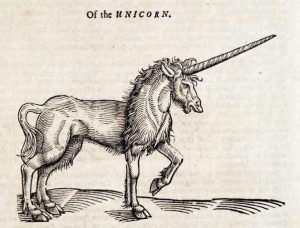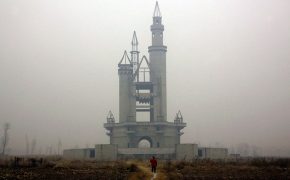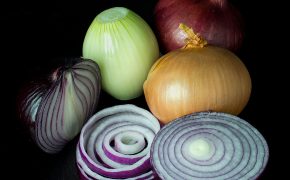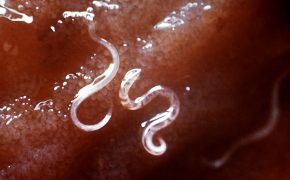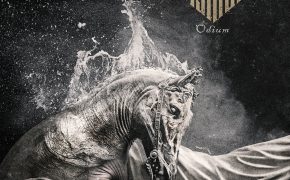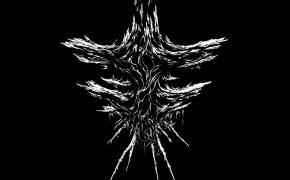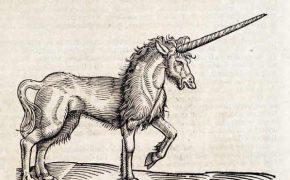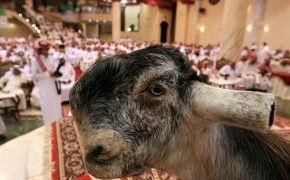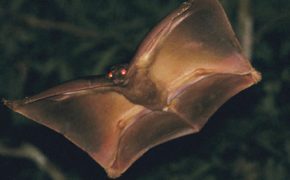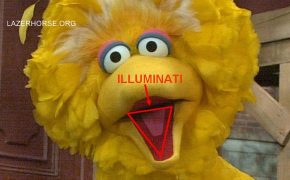Annual Melon Day, Turkmenistan: The Facts
I decided to write about Turkmenistan’s Melon Day after a friend brought it to my attention. It sounded like something I should know more about.
At the same time, I found the idea of an entire country celebrating melons rather amusing. I’m sure you find the idea amusing, too. That’s probably why you clicked the link in the first place.
But, then I realised, with a hint of shame, that this was an example of anglocentric thinking. We slyly amuse ourselves with the thought of foreigners celebrating a delicious and refreshing fruit for one day of the year, yet we find it 100% normal to dedicate one Tuesday per annum to the dullest food on earth: pancakes.
We don’t find that silly do we?
Turkmenistan’s Melon Day
Anyway, back to the matter in hand. Turkmenistan’s Melon Day is dedicated to melons, as you may have guessed. The country boasts an incredible 400 varieties of melon. They range in size from the Dessemaya, weighing about 50g, right up to the Myhmansovar, which can exceed 20kg.
All of these melon subtypes deserve praise; on Melon Day, however, it is the muskmelons that are held in highest regard. Muskmelons are a group of commonly cultivated melons which include the famous honeydew.
Not all muskmelon varieties are equal and the most popular in Turkmenistan is called the “Turkmenbashi melon.” This variety was named after Turkmenistan’s first president – Saparmurat Niyazov, who called himself Turkmenbashi, meaning “Head of the Turkmen.”
It might seem a little odd to name a melon after a politician, but Niyazov was no normal politician. He was, in fact, absolutely, no holds barred, out and out, round the bend, up the pump, mental.
Just to give you an insight, Niyazov named an entire town and several airports and schools after himself and family members. He named the month of September after a book he wrote, and named the month of April after his mother. The crazed maniac also banned dogs, gold teeth and opera.
In short, Niyazov was a confusing and sadistic character who quite clearly had some kind of mental illness. Read more about the things he banned HERE – the story is so strange, it’s hard to believe it isn’t fiction.
His story is amusing from afar, but when you learn that the majority of his family members were killed in an earthquake in 1948 (when he was 8-years-old), and he was brought up in a Soviet orphanage, it develops a tinge of sadness.
Turkmenistan’s World Famous Melons
So, back to Melon Day. The day was established by Niyazov in 1994, and the festivities include live music, markets, fairs, melon-related competitions and displays of various fruits (with an understandable emphasis on melons). Why melons? The president was a fan of melons, it seems. He is quoted as saying:
“The Turkmen melon is the source of our pride. Its taste has no equals in the world; the smell makes your head spin.”
He is also alleged to have said:
“Let the life of every Turkman be as beautiful as our melons.”
And this is from a speech in 2004, addressing Turkmenistan’s farmers:
“Almighty God has turned Turkmen soil into a fertile source of an abundance of the tastiest fruits. Among them are Turkmen melons, which are the result of farmers’ hard work and which have a unique taste reminiscent of the fruit of paradise.”
So, he liked melons.
He wasn’t the only person to have fallen in love with Turkmenistan’s melons, though. Ibn Battuta, a Muslim scholar and traveller, sung their praises as far back as the 1300s, as did Zahiruddin Muhammad Babur, the first Mughal emperor in the 1400s.
Melon Day 2016
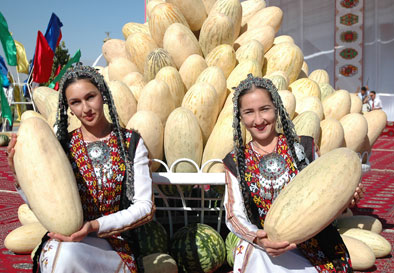
Melon Day takes place on the 2nd Sunday in August, so this year’s festivities will occur on August 14th. If you happen to be passing by Turkmenistan’s capital – Ashgabat, you may as well pop in. It’s bound to be a riot.
After 2003’s Melon Day, Turkmen TV (who I imagine had no vested interest in following the party line *cough*) said:
“It made the love towards one’s dear homeland, the great leader and kind nation grow even stronger.”
Melons appear to have played a substantial role in Turkmenistan’s history. According to a Turkmenistan travel website:
“These fruits were considered a divine food, giving vital energy and extending youth. There is historical data that in many countries the Turkmen melons were sold for gold, and sometimes European rulers organized special parties for the narrow circle of especially close people with the incomparable Turkmen melon being the main treatment of the event.”
It’s not just the taste of melons that Turkmen have enjoyed over the years. According to the Turkmenistan government’s official website, the fruits contain medicinal benefits:
“From time immemorial, the Turkmen knew that pulp of melon has diuretic property. Decoction of young ovaries is applied for treatment of gastric infections and oil of melon seeds cleans the blood vessels.
In old times, people took strong, gold yellow melon for caravan way and shepherd’s pasturing. Like sacred Turkmen bread it never got spoilt for a long time and granted people not only strength but also joy of tasty food.”
Melon Day is not the only national celebration to take place in Turkmenistan, there are 24 in total, notable mentions go out to Carpet Day, Good Neighborliness Day, Day of Neutrality and the Drop of Water is a Grain of Gold Festival.
It all looks rather lovely, doesn’t it?
Now, if you would like to see who took control of Turkmenistan after Niyazov’s death in 2006, click the links below. Spoiler alert: it didn’t get much better for the people of Turkmenistan:
GURBANGULY BERDIMUHAMEDOW: TURKMENISTAN’S NEW DICTATOR
JENNIFER LOPEZ PERFORMS FOR BERDIMUHAMEDOW
VIDEO: BERDIMUHAMEDOW FALLS OFF A HORSE

